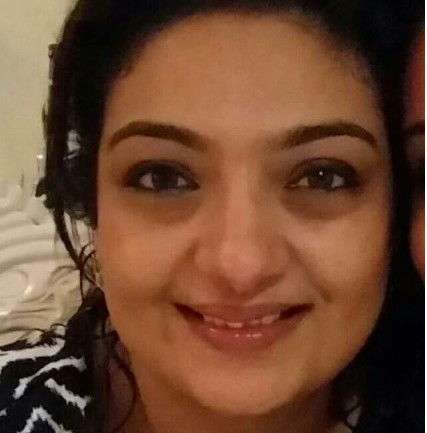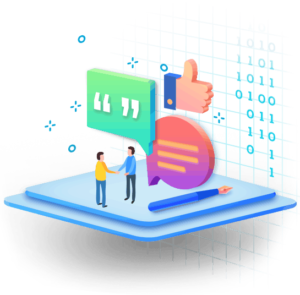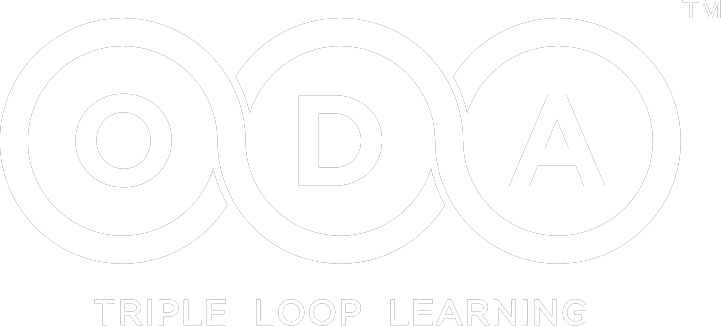Diversity, inclusion and the youth!


Priyanka Agrawal
A few months ago, my 13-year-old casually walked up to me and announced that a friend of hers (another 13-year-old) declared that he was ‘bi’ and was mercilessly teased on the school-bus. Needless to say, there was name-calling and this whole experience had left my child baffled. We are huge fans of the show ‘Modern family’ and she wondered what the fuss was all about!
Like most parents of teenagers living in urban India, one of my biggest fears is their exposure to half-baked information. In a world where information is available at a click, I am constantly worried about them carrying incorrect concepts about things that could impede their development as good, well-rounded, human beings and the future workforce of the world.
I consider our home a place where we feel safe enough to discuss whatever crosses our minds but I started to wonder if this was enough? After all, my daughters spend more time at school with peers and therefore, would be learning crucial facts of life with them and not with us at home!!
I am also a working professional and having attended several eye-opening sessions on diversity and inclusion (D&I) promptly requested a meeting with the principal at school to understand whether D&I was being covered at school? After all, workplaces (which is the final destination after school and college) are now global and just academic competence would not be enough to succeed. Businesses now require a diverse and inclusive workplace to innovate, grow and thrive especially in the current uncertain and competitive times.
And, if the business case for having a diverse workforce is a given, shouldn’t D&I be part of the school curriculum (like sex education)?
Anyhow, as I had expected, their school like most others in the country, cover sex education (basically, reproduction and how boys and girls differ anatomically) BUT understanding gender, sexuality and how people differ on account of their upbringing and the way they feel was left unaddressed. Most parents feared that this information would ‘put ideas into their children’ and ‘make’ them homosexual?!!?
Going back in time, when I was a teen, there were so many topics which were considered taboo and so many things that girls were not allowed to do; but awareness and the right approach to sensitise people helped bust some of these myths. Not talking about things is never the answer!
I reluctantly let this pass with the school but could not shake this overwhelming desire to understand why we are so afraid to educate our children given the realities of our world where crimes against women, minorities, LGBTQIs are only increasing. Surely a measured approach could only benefit teens who would otherwise carry incorrect concepts; biases and prejudices into adulthood (not just at work but into their future personal relationships)?
Also, given how the developed world is becoming more territorial and less tolerant to ‘outsiders’, having a generation that is inclusive would only mean that our children would have a distinct competitive advantage at work besides being good human beings! Whichever way I looked at it, D&I awareness and sensitivity training was a win-win!
While we focus all our energies on IQ (intelligence quotient) and would consider our jobs as parents done when our children snag jobs that make them financially independent, we give very little thought to skills that shape emotional quotient (EQ), social quotient (SQ) and adversity quotient which would prepare them to be better people and give them the ability to withstand failure; understand and accept divergent views and develop tolerance. These quotients are now recognised as critical to professional success as well. Leadership positions at many organisations give equal or more weightage to quotients other than IQ. Psychologists say that people who have higher EQ and SQ tend to go farther in life than those with high IQ but low EQ and SQ.
In my opinion, awareness and sensitivity trainings around D&I at office when we are more or less set in our ways; and working towards a culture where opportunities are based on talent and competence, and not on perceived differences at the workplace is too late. These concepts must be part of our school curriculum and should be mandated for all children in the age group 14+ years (the crucial formative years).
Regularly refreshing the D&I agenda through trainings and experiential workshops must also form a part of under-graduated and post-graduate programmes country wide.
Wouldn’t we be better off if the future generation was made aware of the ways in which people are diverse earlier than later in life so that they would naturally include everyone in their environment instead of growing up resenting and discriminating against people who are different!!
We would not only have a well-rounded, humane workforce but also reap huge economic benefits as a nation.
While we can talk statistics ad-nauseam, think about just this one fact:
“closing the gender gap could increase GDP by an average of 35%. Four-fifths of these gains come from adding workers to the labour force, and one-fifth of the gains is due to the gender diversity effect on productivity.” IMF study, 2019
Interestingly, the GDP gain mentioned above covers just women in the gender definition. Imagine if we found a way to include other diverse minority groups in this equation, the benefits would be much larger.
While the developed world currently grapples with ‘black lives matter’, it is high time we introspect the diverse culture in India and address specifics such as:
- the large disabled population which is employable but struggles with access to education and therefore opportunities
- Casteism: the current reservation system did its job for the times it was enacted in; however, the need of the hour is opportunities based on merit factoring access to education based on true economic status and not caste at birth
- Class conflict
- Ethnicity as evidenced by our gross inability to include fellow-Indians from different parts of the country such as the North-East. I was born and brought up in Mumbai but the term ‘bhaiya’ which is commonly and often derogatorily used for people from UP and Bihar makes me see red!
- The LGBTQI+ community: in April of 2014, the Supreme Court of India formally recognised the existence of a third gender. However, do we know that transgenders (the word ‘hijra’ is terribly offensive and should not be used) were well-respected and revered in ancient India? In fact, they played important roles in many Hindu religious texts; held religious authority; important court positions; and administrative roles in Mughal era India. Their subsequent ostracisation was a result of the British rule in India. The legacy of this act was that the community has no access to education, employment and requires immediate inclusion in the workforce
- The retired population which thanks to modern medicine and healthcare is not just able and competent but is in urgent need of employment post retirement in order to lead a dignified life.
The Indian central Government has recently announced much needed upgrades in the education system and while I am bullish that D&I will soon find its way into the curriculum, I would urge private educational institutions and parents to really think about the ways in which awareness will help the children, the future of this country.
The world around us is changing rapidly and what worked for our generation may not work today!
If we want a better, more inclusive, prosperous and peaceful future, the first crucial step is to bring diversity and inclusion into the school curriculum. If we were created by the same single force, it would be safe to assume that each one of us has a talent and is thus deserving of access, opportunities and a life of financial stability, dignity and respect.
I know that I will not give up on my school and keep trying till they relent to my request of having D&I training for tenth graders; maybe in your own small way, you could make a big difference too.
“Change will not come if we wait for some other person or some other time. We are the ones we’ve been waiting for. We are the change that we seek.” Barack Obama
Please click here to download the latest OD PUBLICATION.

